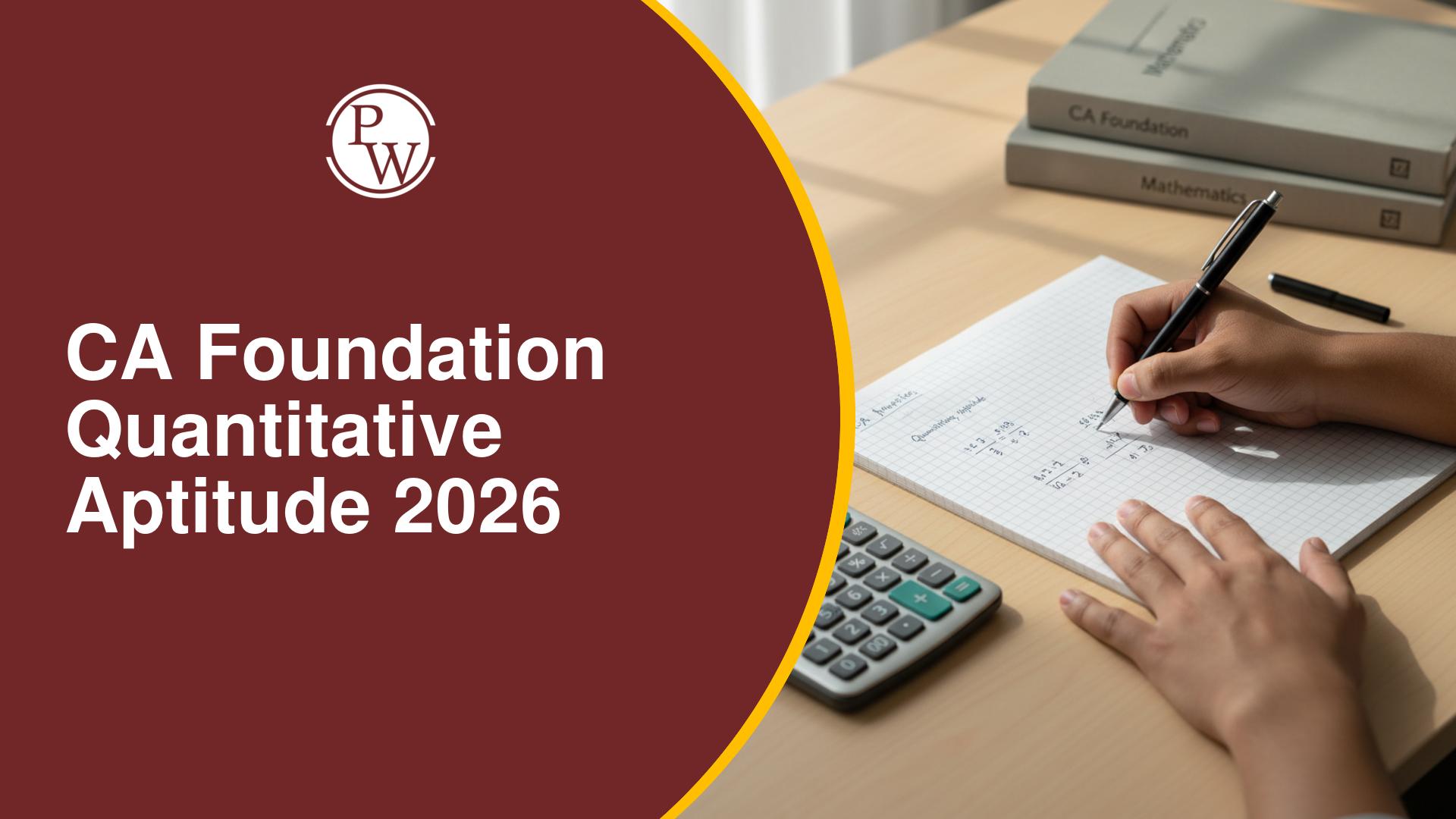
Mathematics plays a crucial role in shaping the financial and economic landscape of businesses. Among the various branches of mathematics, Differential and Integral Calculus is fundamental in analyzing economic trends, optimizing business strategies, and solving complex financial problems.
Whether it’s predicting market fluctuations, determining cost efficiency, or analyzing demand and supply trends, Differential and Integral Calculus is indispensable. Here, we will explore how Differential and Integral Calculus is applied in business and economics, making it easier for CA students to understand and utilize its concepts for CA Exams.
What is Differential Calculus?
Differential Calculus focuses on the concept of rates of change. It helps businesses understand how small changes in one variable impact another. In business and economics, derivatives are used to analyze cost functions, revenue trends, and profit maximization.
For instance, if a company wants to determine the marginal cost of producing one additional unit of a product, Differential and Integral Calculus provides the necessary tools to compute this change precisely. This insight enables businesses to adjust their production strategies efficiently.
What is Integral Calculus?
Integral Calculus, on the other hand, deals with accumulation and total change. It is widely used to calculate total profit, total cost, and even long-term financial projections. In economics, integrals help in understanding consumer and producer surplus, which are essential for setting pricing strategies.
For example, a business owner calculating the total revenue over a specific period can use Differential and Integral Calculus to determine the exact accumulated revenue by integrating the revenue function over time.
Applications of Differential and Integral Calculus in Business
From cost optimization to revenue forecasting, Differential and Integral Calculus plays a pivotal role in business decision-making. Understanding its applications empowers organizations to achieve efficiency and profitability.
Optimization of Cost and Revenue
Businesses strive to maximize revenue while minimizing costs. Differential and Integral Calculus helps in identifying optimal price points and production levels by finding the maximum or minimum values of cost and revenue functions.
Using derivatives, businesses can determine the point at which the cost of production is minimized, ensuring higher profitability. Additionally, integration allows firms to forecast long-term revenue and expenses based on historical data.
Demand and Supply Analysis
Economic models heavily rely on Differential and Integral Calculus to analyze demand and supply. The rate at which demand for a product changes can be determined using derivatives, while integrals help calculate consumer surplus, which represents the benefit gained by consumers due to market conditions.
For instance, if a business observes a decline in product demand, calculus can help predict future trends and adjust pricing strategies accordingly. This ensures that businesses remain competitive in dynamic market conditions.
Role of Differential and Integral Calculus in Economics
Economists leverage Differential and Integral Calculus to assess market trends, inflation rates, and financial stability. These insights aid in formulating policies that foster economic growth and stability.
Economic Growth and Market Trends
Governments and financial institutions use Differential and Integral Calculus to model economic growth, inflation rates, and market trends. Derivatives help in assessing the rate at which the economy is expanding or contracting, providing insights for policy-making.
Economists also use integrals to measure aggregate demand and supply over a specific period, helping in the formulation of monetary policies that stabilize the economy.
Risk Management and Financial Forecasting
Financial institutions rely on Differential and Integral Calculus for risk assessment and forecasting. By analyzing the rate of change in stock prices and interest rates, investors can make informed decisions regarding asset allocation.
For example, an investment firm predicting future stock prices uses derivatives to evaluate market volatility. Integration, on the other hand, helps in calculating cumulative returns on investment, assisting businesses in financial planning.
Practical Implementation for CA Students
For CA students, mastering Differential and Integral Calculus enhances financial analysis skills. It helps in interpreting financial statements, taxation, and auditing, enabling informed and strategic decision-making in the corporate world.
Applying Calculus in Financial Statements
For CA students, Differential and Integral Calculus is highly relevant when analyzing financial statements. Understanding cost behavior, revenue trends, and profit maximization using calculus provides a competitive edge in financial analysis.
By differentiating cost and revenue functions, CA professionals can determine break-even points and assess business performance. Integration is useful in forecasting long-term financial stability based on historical data.
Decision-Making in Taxation and Auditing
In taxation, Differential and Integral Calculus is applied to evaluate tax liabilities based on different tax rates. For example, tax authorities use integrals to calculate total tax revenue collected over time, helping in policy formulation.
Similarly, auditing firms use derivatives to assess financial irregularities by analyzing abrupt changes in financial trends. This ensures transparency and accountability in business operations.
Differential and Integral Calculus is not just a theoretical concept but a powerful tool in business and economics. From optimizing costs and revenues to forecasting financial trends, its applications are vast and impactful.
For CA students, mastering Differential and Integral Calculus provides valuable insights into business decision-making, financial analysis, and economic stability. By integrating these concepts into real-world scenarios, businesses can make data-driven decisions that lead to long-term success.
| Also Check: | |
| Market Structures | Statistical Representation of Data |
| Correlation and Regression | Probability |
| Market Failure | Statistics |
Differential and Integral Calculus FAQs
What is the importance of Differential and Integral Calculus in business?
How is calculus used in financial forecasting?
Why is Differential Calculus important in economics?
How does Integral Calculus help in risk management?










